Local Administration
Botswana’s political-administrative system is divided into central and local government, as well as a ‘modern’ and a ‘traditional’ system. (For the latter, see under ‘Kgotla’.)
The central government has executive powers within the Botswana's governance structure. It is the principal authority in developing and driving Botswana's socio-economic and cultural policies and programmes.
The local government falls within the Ministry of Local Government. The District Commissioner who head the district councils, play an administrative role, and is assisted by elected and nominated councillors and district development committees. In Letlhakeng the most senior position is the Deputy District Commissioner,
Letlhakeng is one of 23 sub-districts including four administrative authorities. Governance atthe local level is also based on a traditional system of villages headed by a kgosi (chief). This traditional system works cooperatively with other district institutions. In 2016/17 local government expenditure was 12.0% of total government expenditure.
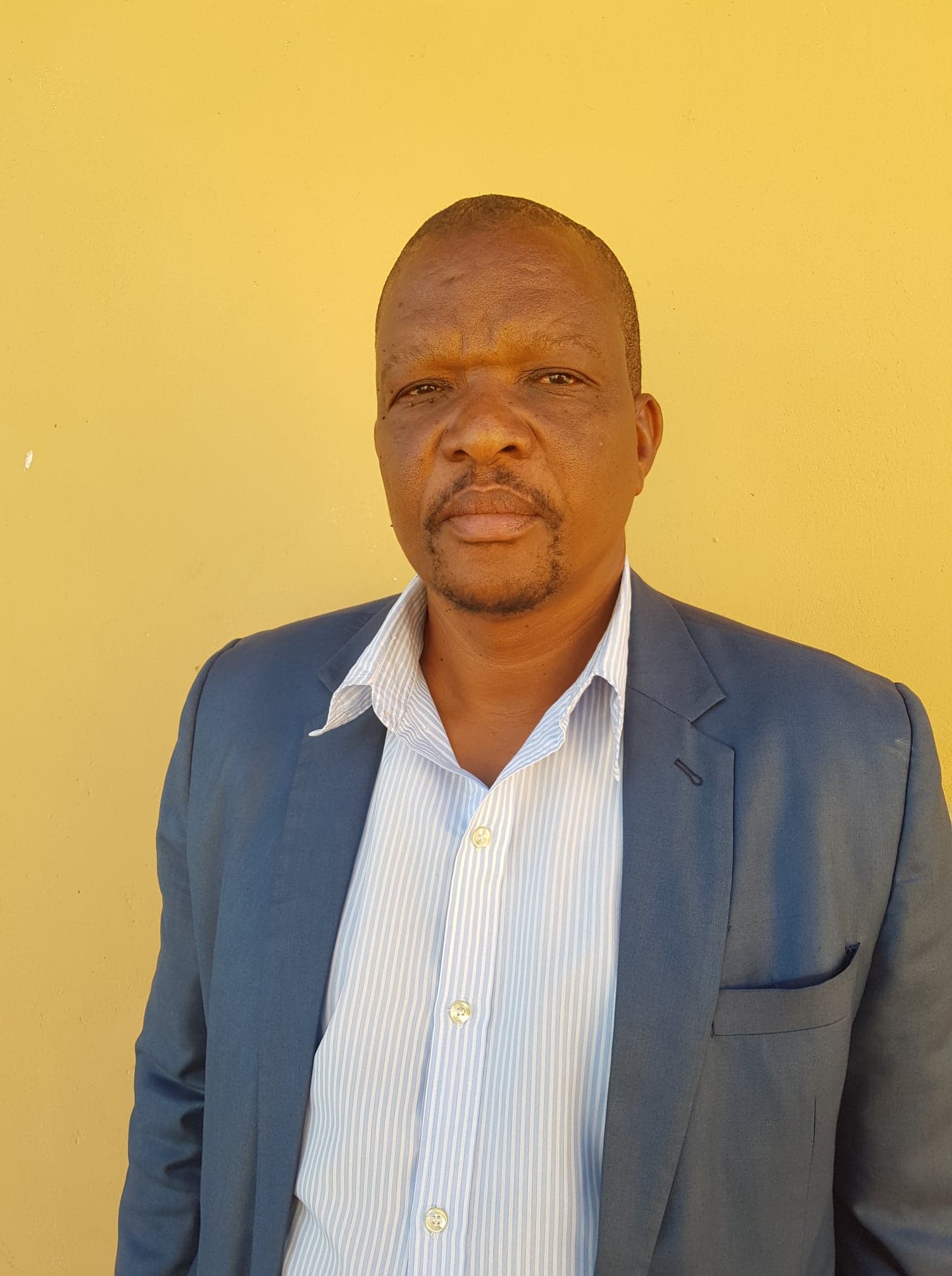

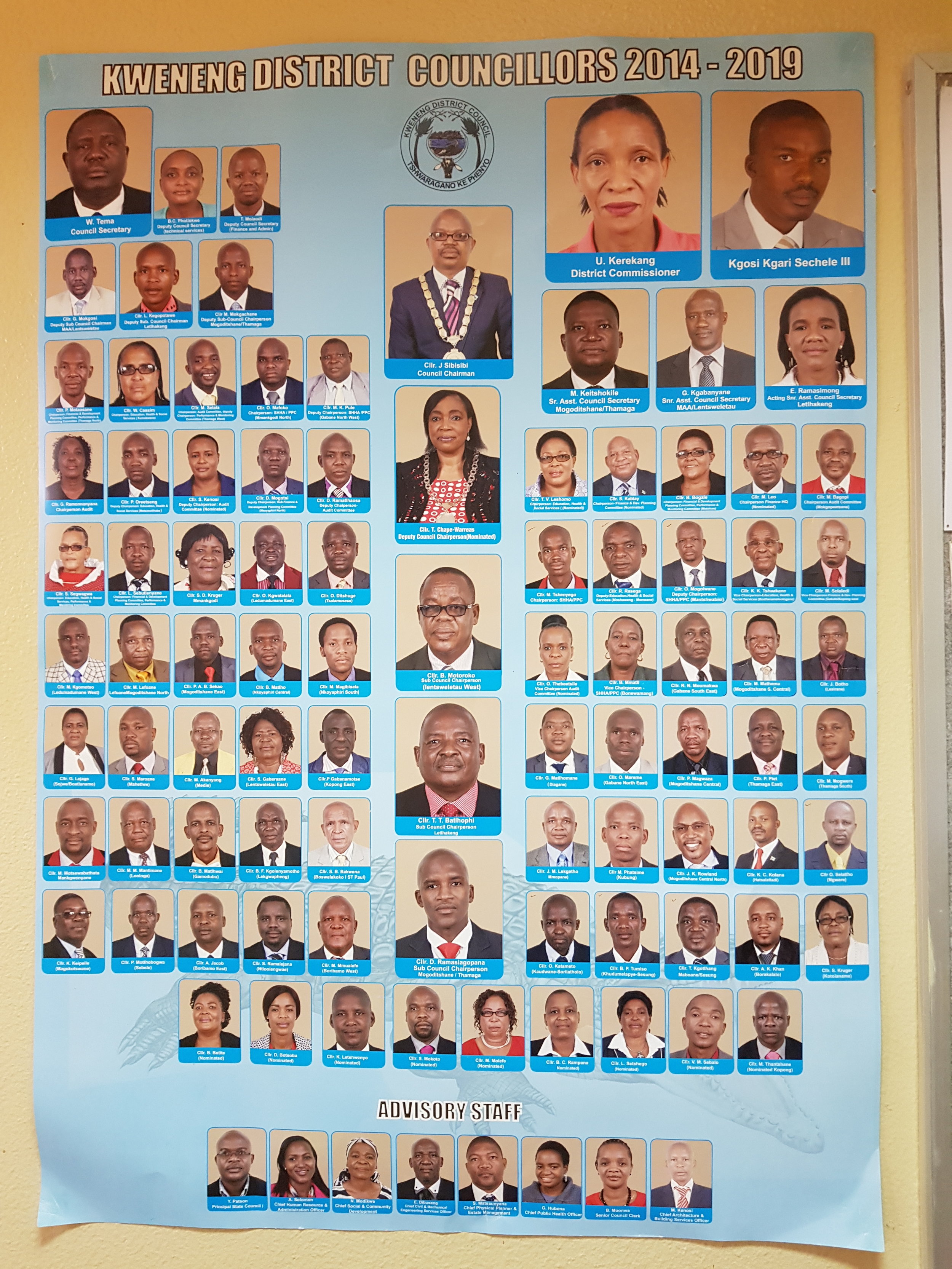
Councillors
Councils in Botswana is a crucial part of local government. They are accountable to the electorate, and have both authority to take decisions within their localities and discretion to allocate resources within their area of jurisdiction. They are empowered to make decisions on local development issues and are therefore considered to be the key to the success or failure of local popular participation in the local activities such as development and elections. Nationwide, about one fifth of the councillors are women. In Letlhakeng there are two elected councillors – one for Letlhakeng North and one for Letlhakeng Soutt – one man and one woman.
Ward Letlhakeng North, constituency Letlhakeng-Lephepe:
Stella Seqwagwa (BDP, Molehle)
📞
Ward Letlhakeng South, constituency Letlhakeng-Lephepe:
Opaletswe Mogolwane
📞
Land board
Land boards:
These are corporate bodies responsible for land administration and charged with holding tribal land for the purpose of promoting social and economic development. When originally established the land boards were accountable to district councils; however, this changed over time and they now report directly to the Ministry of Lands and Housing. Each of the 12 main land boards has eight members who are appointed by the minister, including the chairperson.
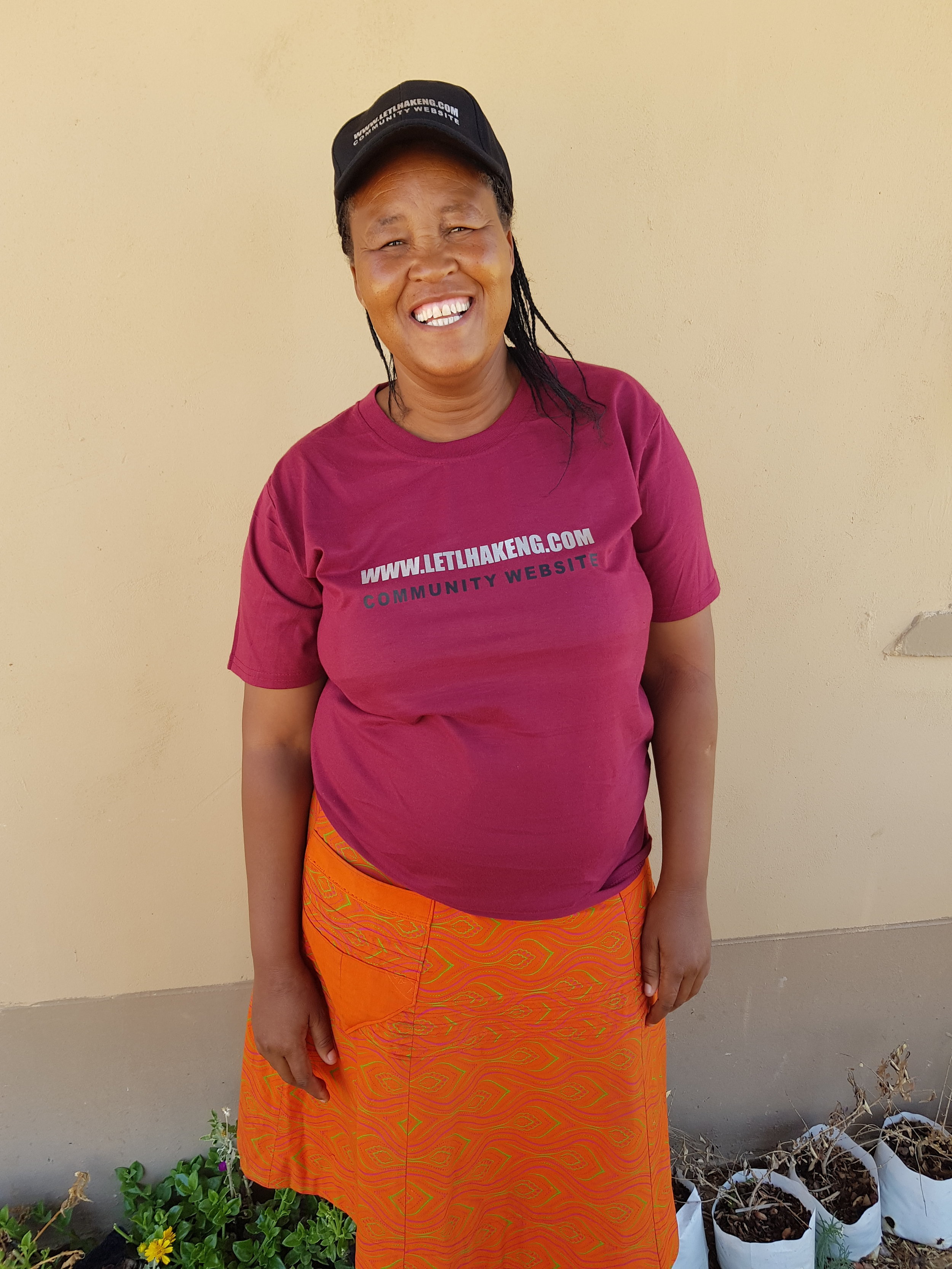
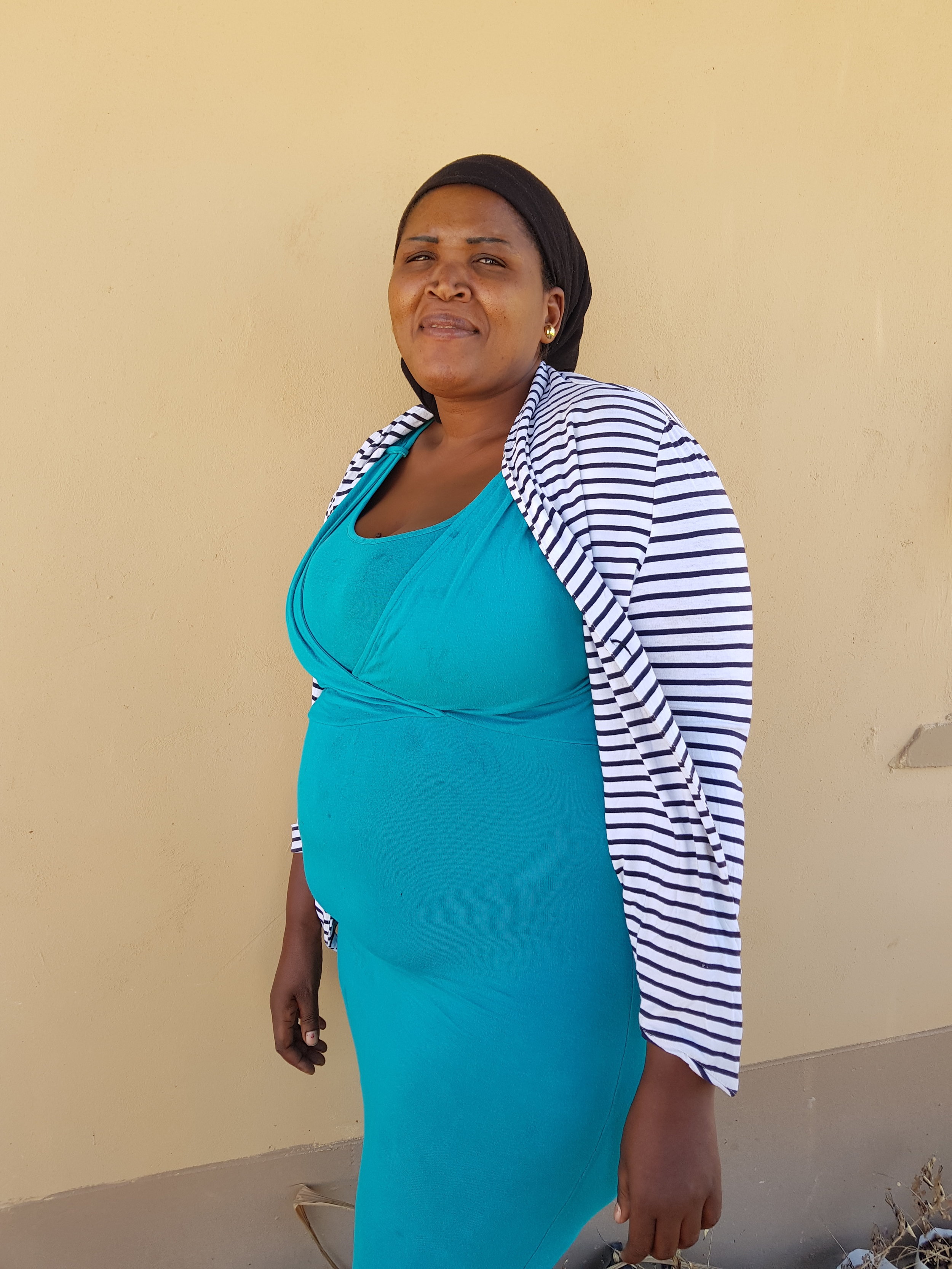
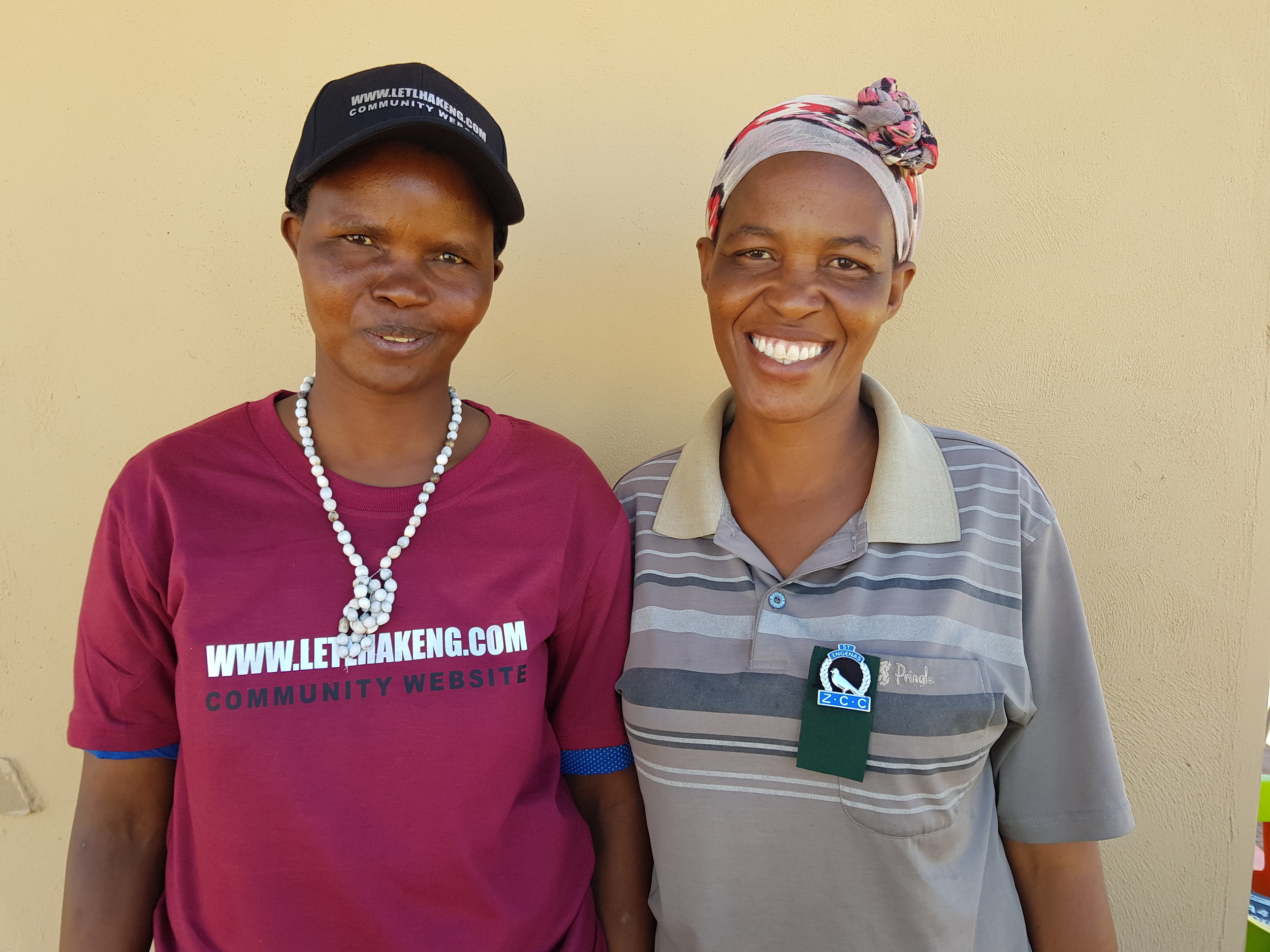
Village Development Committee (VDC)
Village Development Committee (VDC) is responsible for the development of the village, they work under council and Kgotla. They are ALSO responsible for projects that are taking place in the village especially projects which are under the council like ipelegeng, volunteering etc. The committee is made up of the village members elected by the community residents.
VDC Chair Chinana Bontle Keikantseng
📞+267 72 639 479
VDC North Secretary Kebafilwe Mosolese
📞
VDC North Treasurer Kedisaletse Banyatsi
📞
VDC South Secretary Florence Sebotso
📞
VDC South Treasurer MmaPula Letamora
📞
rural administratION centre (RAC)
📞 (+267) 594 3297
Letlhakeng is the capital of the sub-district Kweneng West and thus the RAC (Rural Administrative Centre) in Letlhakeng is the site for its sub-District administration. It is situated on the hillside to the north-west of the village’s central area. The RAC consists of numerous offices that service both Letlhakeng, as well as the rest of the sub-district.
Among the important services included in the RAC are health, education, social welfare, youth development, veterinary services, infrastructure and tribal administration.
Details about this will be published soon.